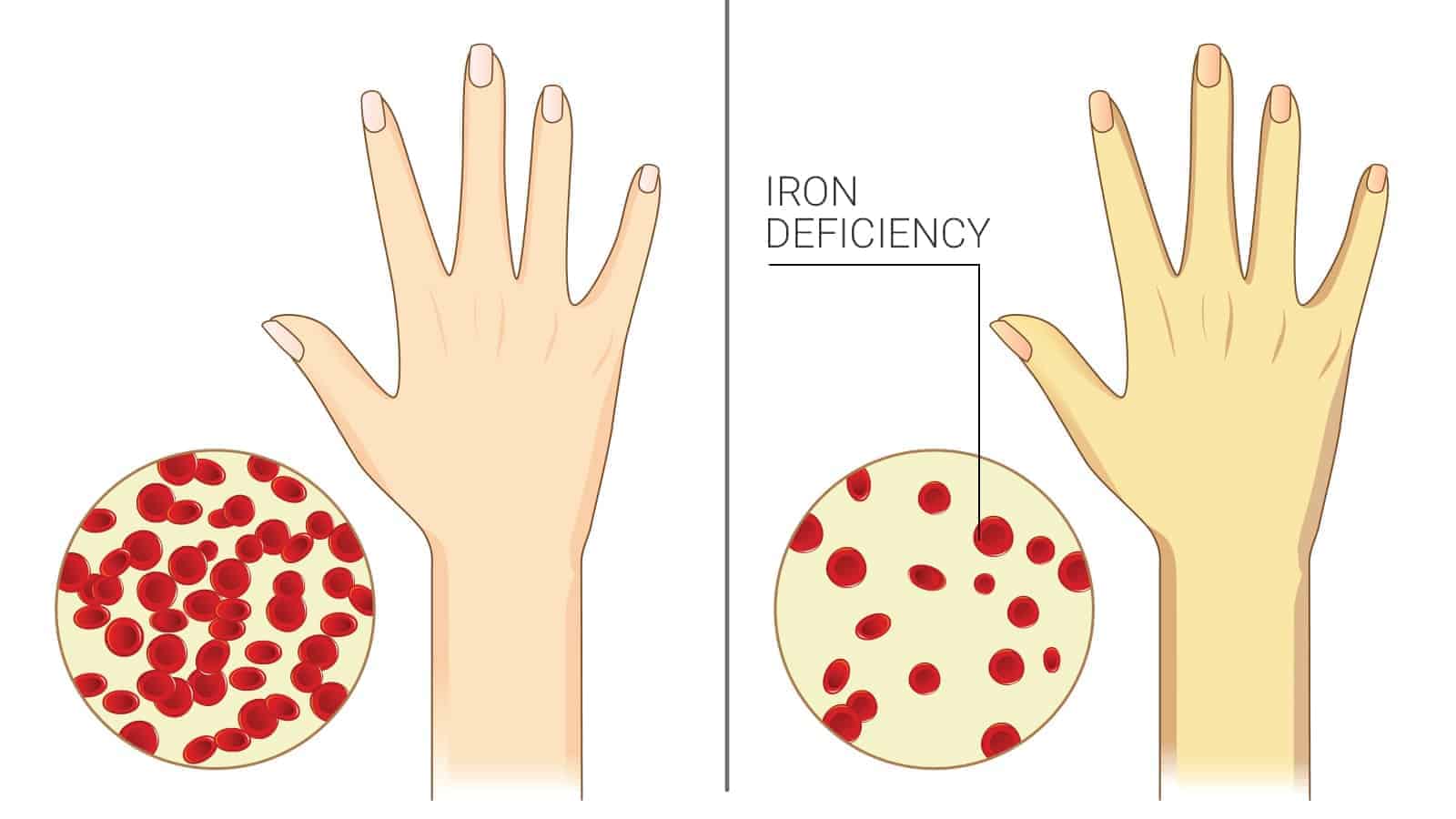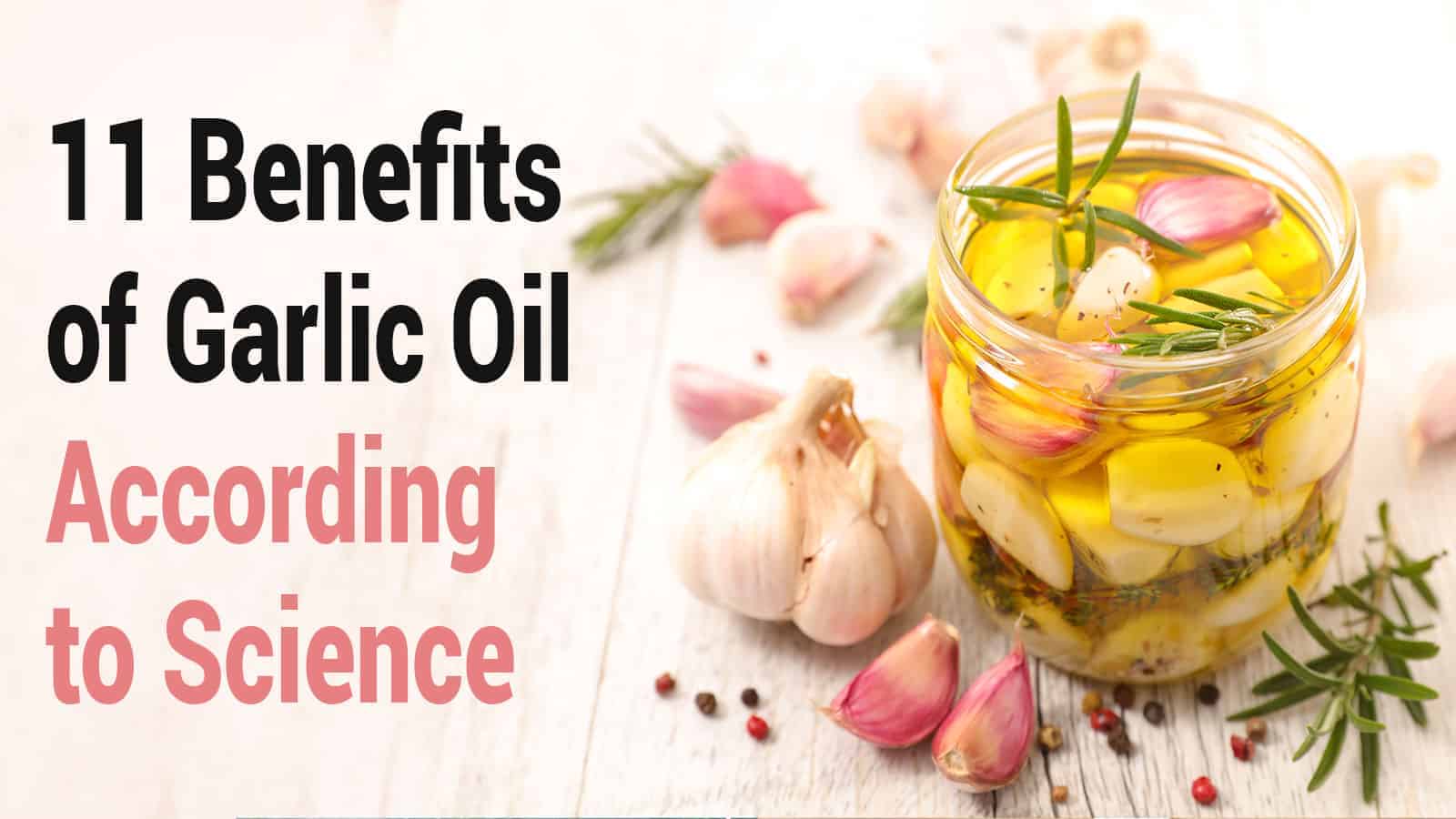thA healthy immune system requires essential vitamins and nutrients, but many people don’t hit this goal. So if you tend to fall short, using supplements to boost the immune system can help compensate.
Your immune system protects your body from diseases and viruses that you encounter each day. A weakened immune system hinders your ability to ward off those foreign substances. With a weakened immune system, you will get sick more often. Besides that, you might experience worse symptoms than you would with a strong immune system.
Replenishing your vitamins and nutrients each day is essential to boosting and maintaining immune health. You can’t eat healthy one day or take one supplement and expect to experience the benefits. Work on implementing a regular healthy dietary routine, and then you can add immune system supplements to your eating plan.
1. Vitamin C
Vitamin C can help prevent infection and help you overcome illness quicker. You should consume between 75 and 90 mg of this vitamin each day. Vitamin C contains antioxidants that help reduce inflammation, preventing respiratory distress.
This vitamin is in so many foods that you might not even need supplements to boost your immune system. If you aren’t getting enough, choose foods that are high in Vitamin C, including these:- spinach
- kale
- bell peppers
- brussels sprouts
- strawberries
- papaya
- guava
- oranges and orange juice
- broccoli
- cantaloupe
2. Vitamin E
Vitamin E is another antioxidant that helps ward off infection. Aim for 15 mg of this vitamin each day, as recommended by the National Institutes of Health. Some foods that are rich in Vitamin E include:
- almonds
- peanuts and peanut butter
- sunflower seeds
- sunflower, safflower, and soybean oils
- hazelnuts
- spinach
- broccoli
3. Vitamin A
Vitamin A is a fat-soluble vitamin that works to fight infections. With its anti-inflammatory properties, Vitamin A is essential to immune health. It plays a vital role in immune responses. Adults should consume between 700 and 900 micrograms of this vitamin each day.
Some of the foods rich in Vitamin A include these:
- carrots
- sweet potatoes
- pumpkin
- cantaloupe
- leafy green vegetables
- butternut squash
- salmon
- mangos
- dairy products
4. Vitamin D
This vitamin is one of the most essential when it comes to immune health. People typically take in Vitamin D from the sun, and it protects them from a respiratory infection. The average person needs about 600IU, but the exact amount is different for everyone.
If you want to include more Vitamin D in your diet, consider the following foods:
- salmon
- mackerel
- tuna
- sardines
- Vitamin D fortified milk or orange juice
5. Folate/Folic acid
Folate is a B vitamin that is vital for maintaining cells. Folic acid is the synthetic form of folate and is added to foods for a health boost. To consume the recommended 400-800 micrograms of folic acid, increase your intake of:
- beans
- lentils
- avocado
- leafy green vegetables
- enriched pasta, bread, or rice
6. Iron
Iron helps carry oxygen to cells, making it an essential part of your immune system. According to the FDA, you should aim to get around 18 mg of iron each day. Some iron-rich foods include:
- red meat (consume small amounts on limited occasions)
- chicken
- turkey
- clams
- oysters
- mussels
- leafy green vegetables
- beans
- peas
- nuts
- oranges
- lemons
- bananas
- melons
7. Selenium
Selenium helps prevent infection, and without enough, your immune system won’t work correctly. You should have around 108.5-120.8 mcg each day. Some of the foods you can find it in include:
- Brazil nuts (one nut has 100% of the daily value, be careful not to overindulge)
- seafood
- meat
- liver
- poultry
- cottage cheese
8. Zinc
Zinc is essential for producing new immune system cells. It also helps relieve colds, nasal congestion, nasal drainage, sore throat, and coughs. In addition, this nutrient helps to produce and activate T-cells, which trigger the body’s infection response.
You need between 8 and 11 mg of Zinc each day, and you can receive its immune-boosting benefits by trying these foods:
- oysters
- crab
- lean meats
- poultry
- baked beans
- chickpeas
- yogurt
9. Protein
The proteins hepcidin, ferroportin, transferrin receptors, and ferritin are essential for iron metabolism. Since iron is a requirement of immune health, these proteins are, as well. They also help form immunoglobulins to fight infection and offer protection from bacteria and viruses.
To determine how much protein you need each day, you have to do a little math. For every kilogram of body weight, you need 0.8 grams of protein. Some of the protein-rich foods you can implement in your diet include:
- eggs
- chicken breast
- fish
- cheese
- yogurt
- beans
- lentils
- nuts
10. Probiotics
Your gut health plays a significant role in your overall wellness, with at least 70% of your immune system found there. Probiotics, another kind of immuno-supplement, help restore and maintain healthy gut bacteria, improving their ability to fight infection. This nutrient can be found in fermented foods and dietary supplements, and you should aim for at least 1 billion CFUs.
11. Elderberry
Elderberry is full of anti-inflammatory and antiviral properties. It can improve cold, flu, and sinus infections as it helps speed up the recovery process.
Take one tablespoon of elderberry syrup four times a day, or choose elderberry lozenges instead. Eating elderberry fruit whole can cause vomiting and nausea, so this immune-boosting supplement is the best option.
12. Echinacea
Echinacea can improve your response to the common cold, flu, and respiratory infections. Not only does it relieve symptoms, but it shortens the duration of your illness. The amount of echinacea supplement you need depends on the form you use, so check the dosage on the package.
13. Ginger
Ginger has antioxidant and anti-inflammatory properties, making it the perfect treatment for fighting inflammation. If you have ginger extract, aim for 500 mg/kg for the best results. To include ginger in your diet, consider drinking ginger tea, taking a supplement, or eating ginger candy.
14. Turmeric
This spice naturally boosts your immune system by increasing the immunomodulating capacity. This capacity is a chemical agent that promotes the functioning of the immune system. The correct dosage depends on the form of turmeric you consume, but you can add it to your foods by:
- sprinkling it on an avocado
- adding it to oatmeal
- mixing it into a smoothie
- added to roasted vegetables
15. Mushrooms
Mushrooms contain nutrients that keep the immune system working effectively. They can treat and prevent disease and infection, and they have antibacterial properties. Aim for 10 grams of mushrooms each day by:
- mixing them in pasta sauce
- adding them to soup or chili
- putting them on your pizza
16. Astragalus
The astragalus root strengthens the immune system and treats common illnesses. In addition, it alleviates symptoms and shortens the duration of these ailments:
- common cold
- upper respiratory infections
- seasonal allergies
- swine flu
The correct dosage of astragalus depends on the form, but you can use it in soup and tea or take it as a supplement.
17. Garlic
Garlic has antiviral properties and alleviates the symptoms of colds, flu, and upper respiratory infections. Studies show that those who regularly consume garlic or take supplements experience fewer colds than others.
The American Family Physician explains that one to two garlic cloves each day is beneficial. So if you want to add more garlic to your diet, you can try these options:
- drink garlic tea
- add garlic to your favorite meals
- use roasted garlic as a pizza topping
18. Andrographis
This plant can help treat the common cold and flu, and it can work as a painkiller and fever reducer. In addition, Andrographis helps relieve sinus pain or pressure and breathing problems. The amount you should take varies, so please follow the recommended guidelines.
19. Licorice Root
If an illness gives you a sore throat, gargling licorice root can soothe the pain and discomfort. It also loosens congestion and reduces inflammation. There’s no standard dosage. However, you should limit your intake of this supplement to no more than 100 grams each day.
20. Pelargonium Sidoides
Pelargonium sidoides is a supplement that can help ease upper respiratory infections and the common cold. It does this by neutralizing foreign bacteria and viruses. The dosage guidelines recommend three lozenges daily for six days or 1.2 grams of plant material.
21. Curcumin
Curcumin is derived from turmeric and has analgesic, anti-inflammatory, and antiseptic activity. Additionally, it helps fight inflammation and promotes a positive immune response. You can consume up to 3 mg of curcumin for every kg of body weight.
22. Propolis
Propolis is a resin-like material that comes from the buds of cone-bearing and poplar trees. Due to its anti-inflammatory and antioxidant properties, propolis boosts the immune system and reduces the duration of illnesses. If you take propolis capsules, you should take no more than 70 mg each day.
23. Acai Berry
Acai berry is a powerful antioxidant that stimulates the immune system. In fact, it can help treat a variety of health conditions and reduce inflammatory reactions. The exact dosage depends on several factors; thus, you must follow the recommended guidelines that come with the supplement.
Final Thoughts on Best Vitamins and Supplements to Boost Your Immune System
Using supplements to boost the immune system will help decrease and shorten the duration of your illness. You will feel better. Besides that, a lacking immune system won’t stand in your way. The best vitamins for your immune system are the ones that help protect your body efficiently.
So take these vitamins to boost the immune system to make up for any nutrients you miss throughout the day. By doing so, you will ensure improved health and overall well-being.


















 Community
Community

